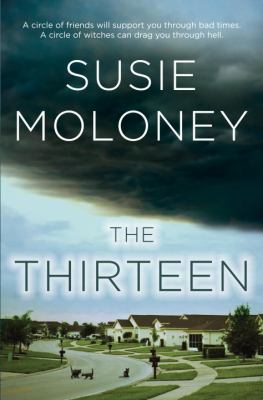Possibly one of the most famous quotes on writing comes from an extended essay written by Virginia Woolf and delivered to the Women’s College at the University of Cambridge. It’s instantly recognizable, and rarely misattributed.
“A woman must have money and room of her own if she is to write fiction.”
Truer words have rarely been spoken, but it applies to all genders. One needs space and time to write in order to become the writers we all want to be. Space and time are relative, of course, but they are nonetheless important.


I’ve written in a tiny trailer, a closet, a 26-foot land yacht Airstream, a gazebo (summer only), my bedroom, an attic, my living room, and my kitchen table. I wrote my breakout novel, A Dry Spell, in a garage, in the winter on Manitoulin Island. I had a space heater at my feet and when January rolled around along with the wind off the lake, I had a woodstove installed. It was the only space I could use, as my house at the time was just 625 square feet and there was an infant, a teenager, and a husband in there. And a dog and a cat. It was a rough time for all of us, because money was really tight, I could only find part-time work, I was using cloth diapers, and still breastfeeding. But I had space. And because someone believed in me, I had time.
Time and space are relative. When my oldest son was little, I wrote after he went to bed at 8:30 pm. I wrote from 8:30-10:30 pm. Officially. In reality I often wrote until midnight, 1 am, whatever it took to get myself to that sweet spot where I was done for the night and feeling good about it. I worked or went to school in the morning so those late nights were tough. But I wanted to write and I had time and space, relatively.
What’s your space? What’s your time?
The greatest piece of advice I give to writers who ask is, “read read read, write write write.” The second greatest piece of advice I give to writers who ask is, have a writing practice.
A writing practice is simply, time and space daily.
I know someone who works at 7 am and so they get up at 5 am to write – like I did many years ago – in a quiet closet. My husband writes in bed. Joseph Mankiewicz famously wrote in the bathtub. Stephen King has a top floor office and a giant oak desk, I believe, but we also all know that he too wrote in a closet at one time. J.K. Rowling wrote in coffee shops. We all have our ways.
The important thing is to make and have a way. Invest in yourself by allowing a space and time that might be taken from someone else: our children, our partners, our employers. I’m here to tell you that it’s okay. In fact, it’s good and right because writing is as important an art form as there ever has been and ever will be.
Find your attic, your trailer, your coffee shop, your desk. Book your time. Write your novel, essay, exposé, journal, poem, screenplay. Put your voice on paper, literally or figuratively. Write that sh*t.
If anyone complains tell them I said it’s okay. I got you.
What’s the deal with closets?
-Susie Moloney, Winnipeg Public Library Writer-in-Residence, 2023-24
Author of: Bastion Falls, A Dry Spell, The Dwelling, The Thirteen, Things Withered: stories
Screenwriter of: The Suburbanight, ROMI, Bright Hill Road, ROMI the feature, Penny Whistle
And more to come …







